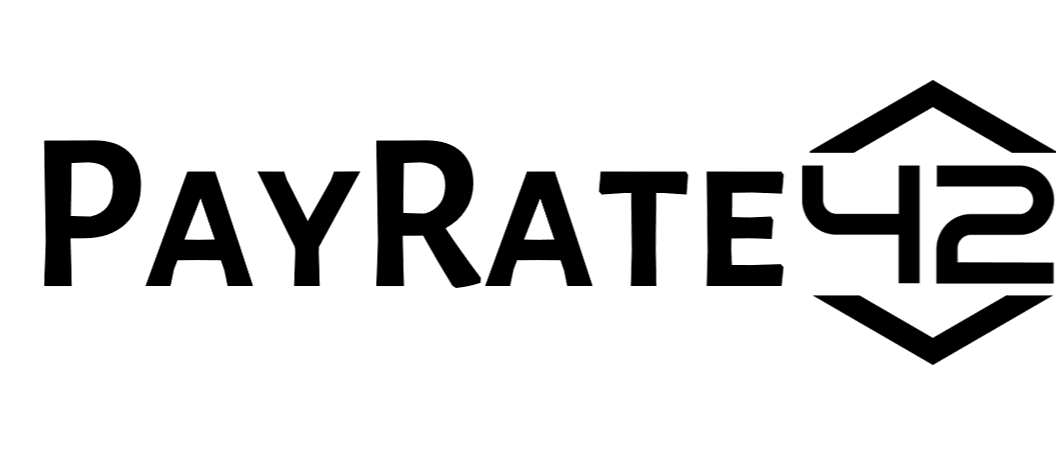The neobank payments industry has seen significant growth in recent years, with fintech companies challenging traditional banks through innovative solutions. However, despite their growth and popularity, neobanks have not been immune to controversies and scandals. Here are the five biggest scandals that have rocked the neobank payments industry:
1. Wirecard: The Collapse of a Giant
One of the most significant scandals in recent years was the fall of Wirecard, a German payment service provider and neobank. In 2020, it was revealed that €1.9 billion were missing from the company’s books. An investigation uncovered that the funds likely never existed, leading to one of the largest financial scandals in European history. CEO Markus Braun and other executives were charged with fraud and balance sheet falsification, and the company filed for insolvency. The scandal was a severe blow to trust in the neobank industry.
2. N26: Security and Regulatory Issues
German neobank N26 has repeatedly faced problems with security lapses and regulatory compliance. In 2019, it was revealed that the bank struggled to adhere to anti-money laundering regulations, resulting in sanctions from the German financial regulatory authority BaFin. Additionally, there were numerous reports from customers about hacked accounts and inadequate customer support, significantly damaging the bank’s reputation.
3. Monzo: Data Privacy Breaches
Monzo, a popular UK neobank, made headlines in 2019 when it was discovered that the bank had stored private data of about 480,000 customers in an unprotected manner. This data breach included sensitive information like PIN codes stored in internal logs. Although Monzo quickly took steps to address the issue, the incident was a major setback for customer trust in the bank’s security measures.
4. Revolut: Work Culture and Compliance Issues
Revolut, a leading European neobank, has faced multiple criticisms regarding its work culture and compliance issues. Reports of a toxic work environment and extreme pressure on employees have generated negative headlines. Moreover, there were concerns about adherence to anti-money laundering and anti-terrorism financing regulations. These issues led to investigations by regulatory authorities and severely tarnished the company’s reputation.
5. Robinhood: Gamification and Trading Outages
Although primarily known as a trading platform, Robinhood also offers neobank services. The company came under fire in early 2021 when it restricted trading during the GameStop stock frenzy. Many users felt betrayed, viewing the platform as unfair and lacking transparency. Additionally, there were concerns about the “gamification” of financial transactions, which could encourage inexperienced investors to engage in risky behavior. The scandal led to lawsuits and hearings before the US Congress.
Conclusion
The neobank payments industry has revolutionized the financial world with its innovations, but numerous scandals have shown that these new players are not immune to errors and misconduct. Companies in this sector must work hard to gain and maintain customer trust by ensuring transparency, security, and regulatory compliance. Only then can they achieve long-term success and fully realize the potential of their innovative approaches.
